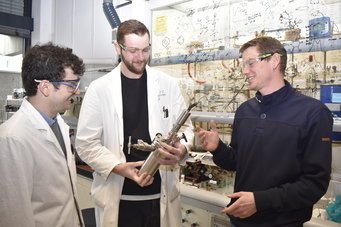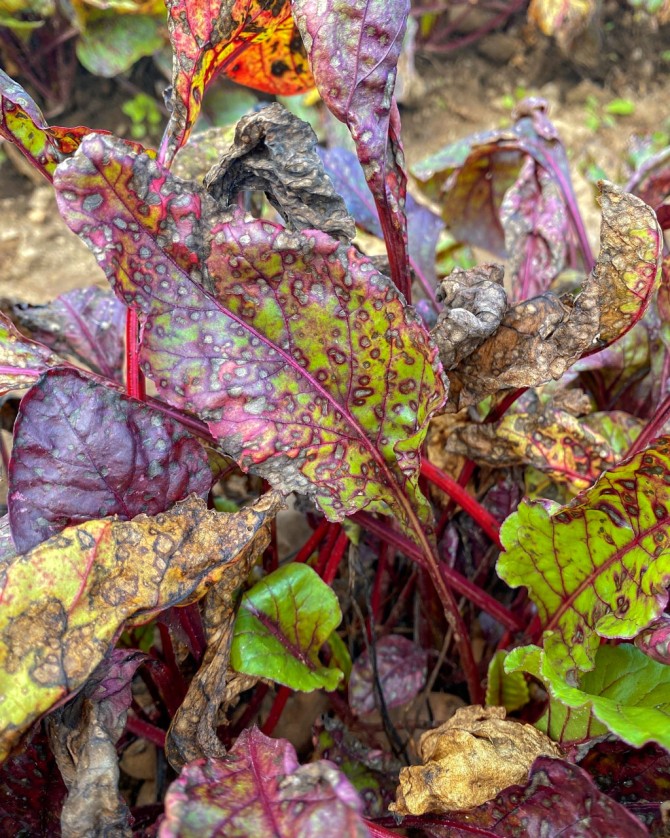The Australian Retailers Association (ARA) has urged the Senate Select Committee on Supermarket Pricing to carefully examine all the factors contributing to food inflation, and include members of the broader food and grocery supply chain in its inquiry.
Food prices are an obvious area of debate in an inflationary environment and we note this is the third inquiry to examine supermarkets and cost of living issues in the last 12 months.
If run in an equitable way, this inquiry offers a platform for better and more informed public debate on what contributes to pricing. In this context, the ARA welcomes the inclusion of multinational food suppliers in the terms of reference alongside other members of the broader food and grocery supply chain. We note that the CEOs of Coles and Woolworths have confirmed they will participate in the inquiry next year.
Retailers are acutely aware of the significant financial challenges being faced by many Australians and are doing their best to keep a lid on prices, despite inflationary pressures driving up the cost of goods and business, across the board.
According to ABS CPI, the rate of annual food inflation peaked at 9.2% in the December quarter 2022 and has been moderating ever since.
The ABS in October released the latest quarterly data (September) and it showed food inflation was running at 4.8% – now lower than headline inflation (5.4%) for the first time in 12 months. This trend of moderation is set to continue as global and local supply chains return to balance after the disruption of COVID-19, floods and global conflicts.
The higher cost of living remains challenging for many Australians, and price rises linked to inflation are an unfortunate side effect of the significantly higher cost of doing business across the entire food and grocery supply chain. Food and grocery suppliers and Australian retailers are not immune to this.
While the raw profit numbers may seem large to the average Australian, it is important to consider these in the proper context. During the recent reporting season, Coles and Woolworths reported combined after-tax profits which represented less than 3 cents in profit for every dollar of sales.
It’s also vital to consider the broader economic and social contributions Australian supermarkets make through direct employment and supplier spending, and the billions they invest into our economy to strengthen supply chains, help create new and improved stores, and provide customers with better shopping experiences.
In the last financial year, Coles and Woolworths contributed more than $75 billion in supplier and services spend in Australia.
Additionally, hundreds of thousands of local shareholders – many of them every day Australians – and millions more workers through their super funds – benefit from strong and viable Australian owned supermarkets.







